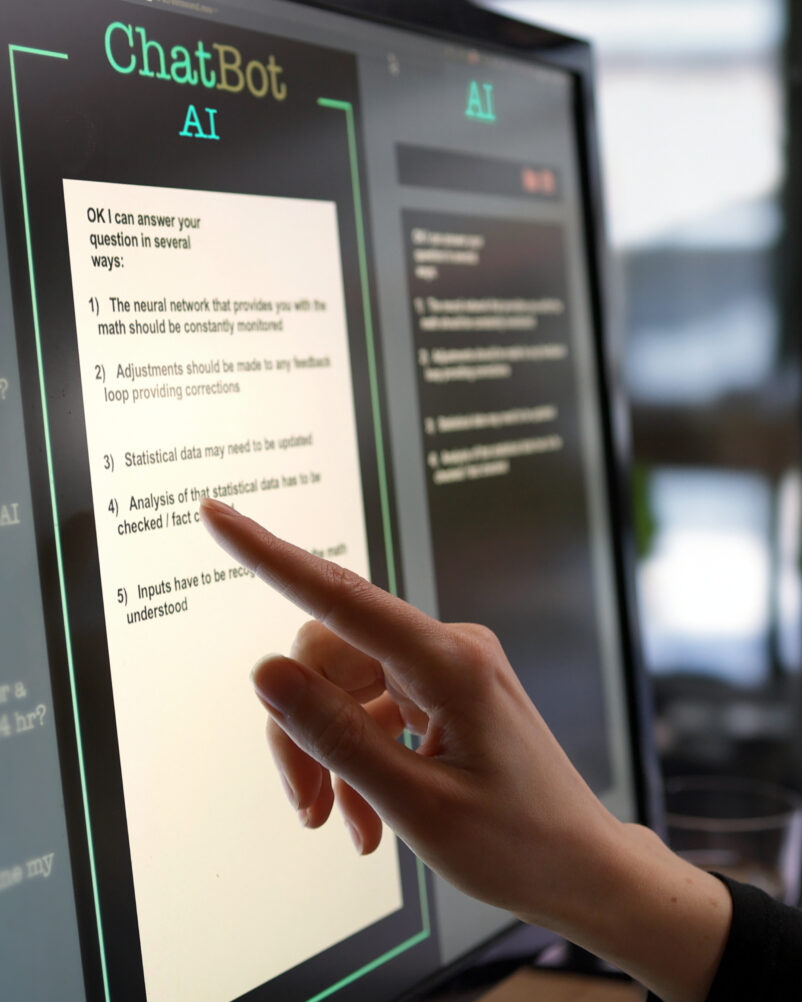
In the rapidly evolving landscape of technology, Artificial Intelligence (AI) has emerged as a game-changer, revolutionizing various aspects of our daily lives. One of the areas where its impact is most profound is in the realm of cell phone user experience. From voice recognition to predictive text and personalized recommendations, AI is reshaping the way we interact with our smartphones. This article delves into the multifaceted impact of AI on cell phone user experience, exploring its implications for convenience, efficiency, and overall satisfaction.
Voice Recognition and Personal Assistants:
One of the most noticeable changes brought about by AI is the integration of voice recognition technology in cell phones. Users can now interact with their devices through natural language commands, making tasks such as setting reminders, sending messages, or making calls hands-free and effortless. Virtual personal assistants like Siri, Google Assistant, and Alexa have become an integral part of our daily routines, offering real-time information and performing tasks with remarkable accuracy.
Predictive Text and Smart Typing:
AI algorithms have significantly improved the efficiency of typing on cell phones. The advent of predictive text and smart typing features has made composing messages and emails faster and more accurate. These systems analyze users’ typing patterns, frequently used words, and context to suggest relevant words and phrases, reducing the likelihood of typos and enhancing the overall typing experience.
Facial Recognition and Biometric Security:
Security has always been a top concern for smartphone users, and AI has introduced innovative solutions to address this issue. Facial recognition technology, powered by AI algorithms, allows users to unlock their phones and authenticate transactions with just a glance. This not only enhances security but also adds a layer of convenience by eliminating the need for traditional password inputs or fingerprint scans.
Personalized Recommendations and Content Curation:
AI-driven algorithms are adept at understanding user preferences and behaviors, enabling cell phones to provide personalized recommendations and curated content. Whether it’s suggesting apps, articles, or entertainment options, AI tailors recommendations based on individual usage patterns, creating a more personalized and enjoyable user experience. This level of customization fosters user engagement and satisfaction.
Enhanced Camera Capabilities:
The integration of AI in smartphone cameras has elevated photography to new heights. AI-powered camera features can recognize scenes, objects, and even optimize settings for the best possible shot. From portrait mode to night mode, AI algorithms work seamlessly to enhance image quality and capture stunning moments. This not only empowers users to take better photos but also simplifies the photography process.
Improved Battery Management:
Battery life has long been a concern for smartphone users. AI has stepped in to address this issue by optimizing battery management. AI algorithms analyze usage patterns and intelligently allocate resources to ensure efficient power consumption. This results in prolonged battery life and a more reliable device that meets the demands of modern, always-connected lifestyles.
Gesture Control and Intuitive User Interfaces:
AI has contributed to the development of intuitive user interfaces, including gesture control. This allows users to navigate their phones with simple hand movements, providing an alternative to traditional touch-based interactions. Gesture control adds a layer of convenience, especially in situations where touchscreens may be impractical or challenging to use.
Challenges and Ethical Considerations:
While the impact of AI on cell phone user experience is overwhelmingly positive, it is essential to address the challenges and ethical considerations associated with its widespread adoption. Issues such as data privacy, algorithmic bias, and potential misuse of facial recognition technology raise valid concerns that must be addressed to ensure responsible and ethical AI implementation.
Conclusion:
The integration of Artificial Intelligence has brought about a paradigm shift in the way we experience cell phones. From voice recognition to personalized recommendations, AI has enhanced the overall user experience by making devices more intuitive, efficient, and user-friendly. As technology continues to advance, the influence of AI on cell phone user experience is likely to deepen, offering users an ever-evolving and enriching digital interaction. Embracing these innovations responsibly will pave the way for a future where AI contributes positively to our daily lives.






